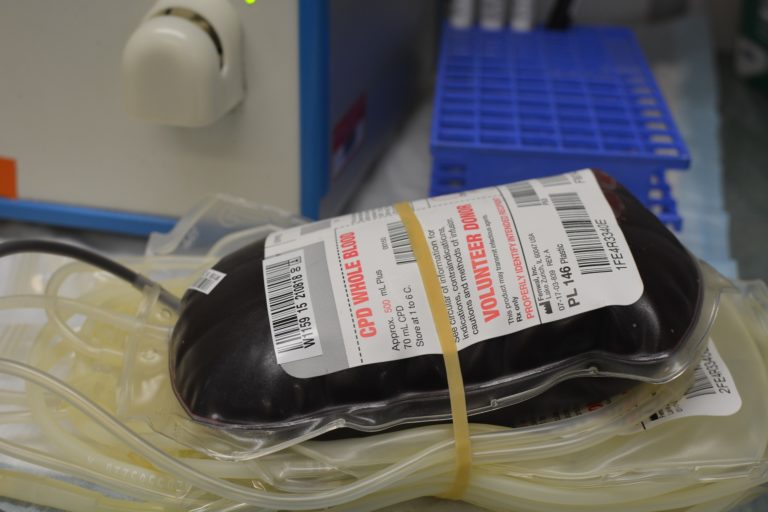One of the most frequently asked questions about what we do at South Texas Blood & Tissue is “why am I not paid for giving blood if you charge hospitals for blood I give for free?”
Like all blood centers in this country, we operate under guidance from the Food and Drug Administration. Those guidelines specifically require us to label all donations as either “paid donor” or “volunteer donor.”
Hospitals across the United States have policies against transfusing blood from paid donors.
Plasma centers, which also operate under FDA guidelines, pay donors because the plasma they collect is not used in hospitals – it is processed by the centers for therapies and not transfused directly into patients. The plasma the centers collect undergoes a number of physical steps (known as fractionation) to ensure it is safe to use.
As far as charging hospitals and other medical providers for blood, South Texas Blood & Tissue only passes along the costs of getting the blood from the donor to the patient. Those costs include:
- Hiring and training staff to collect, process and deliver blood
- Equipment, from blood bags to mobile collection vehicles
- Facilities for taking blood donations and for safely processing and storing donations
- Testing for 12 different infectious diseases
- Traveling across 48 counties to collect and deliver blood, and maintenance on the vehicles
- Quality control checks to ensure we live up to the highest standards
- The FDA also regulates equipment we use and the tests we have performed on donated blood (by our sister organization, QualTex Laboratories).
Medical providers determine how much to bill patients for our costs, as well as their fees for things like storage and administering transfusions.
To learn more about blood donation, visit SouthTexasBlood.org.


